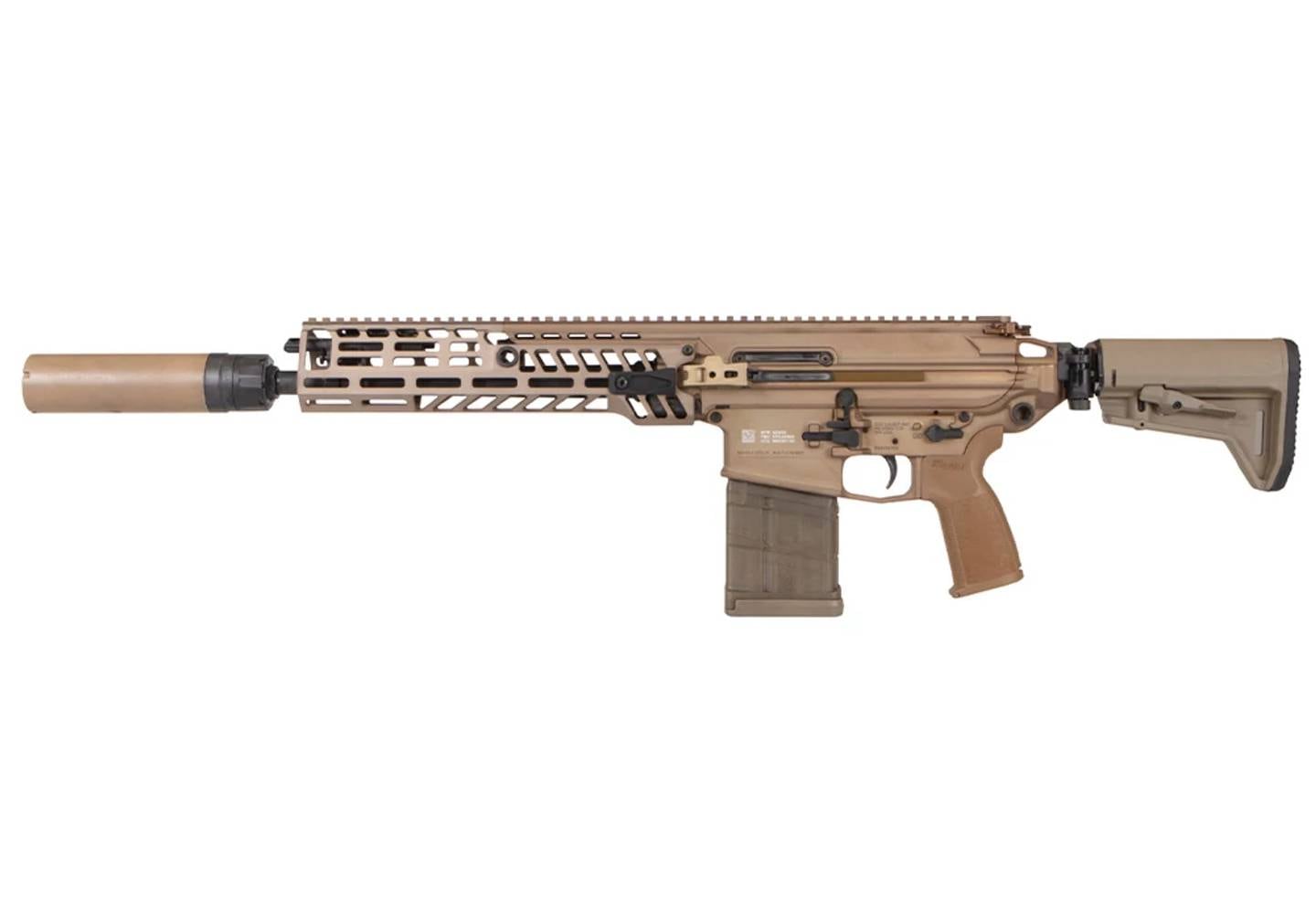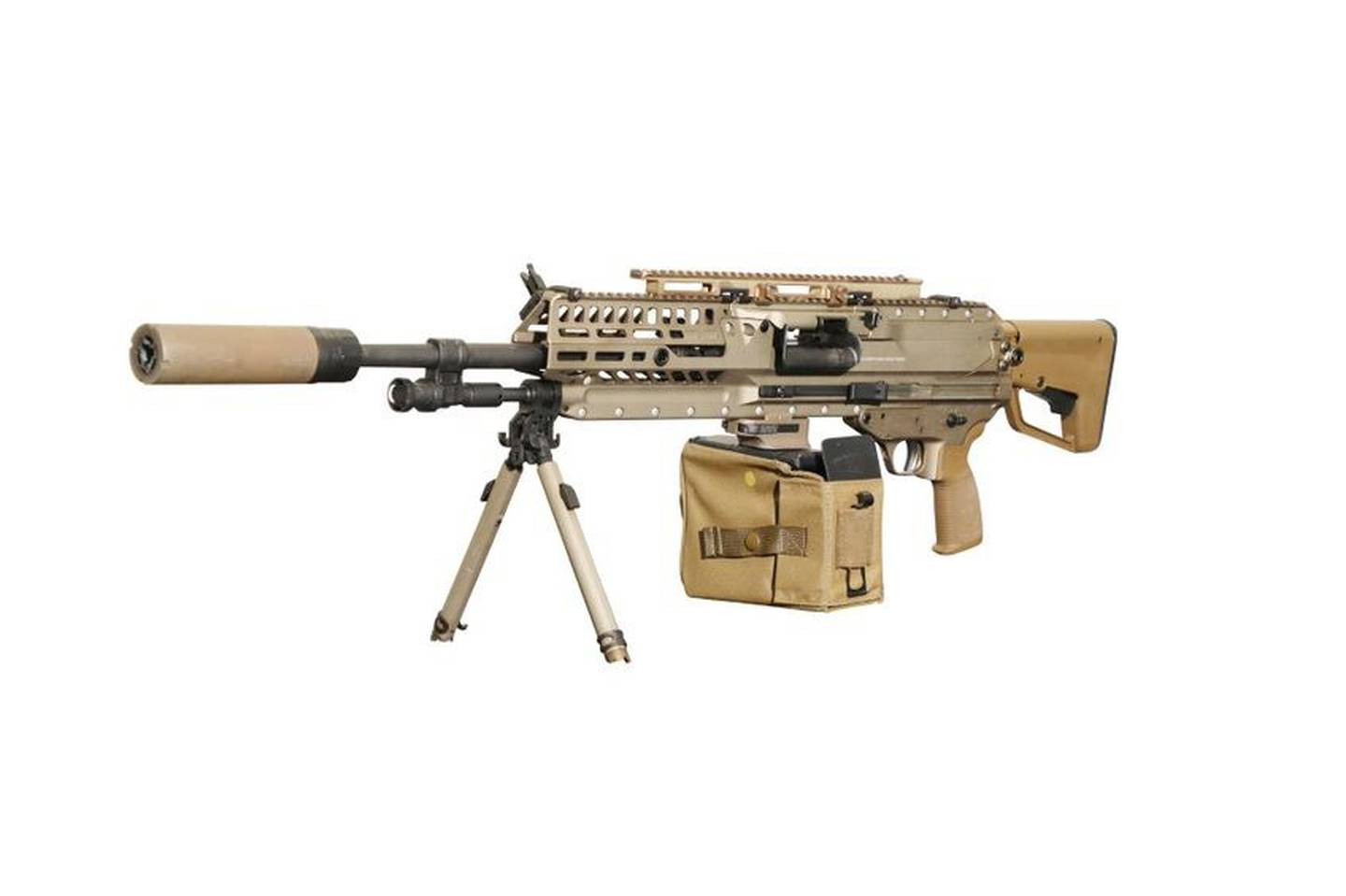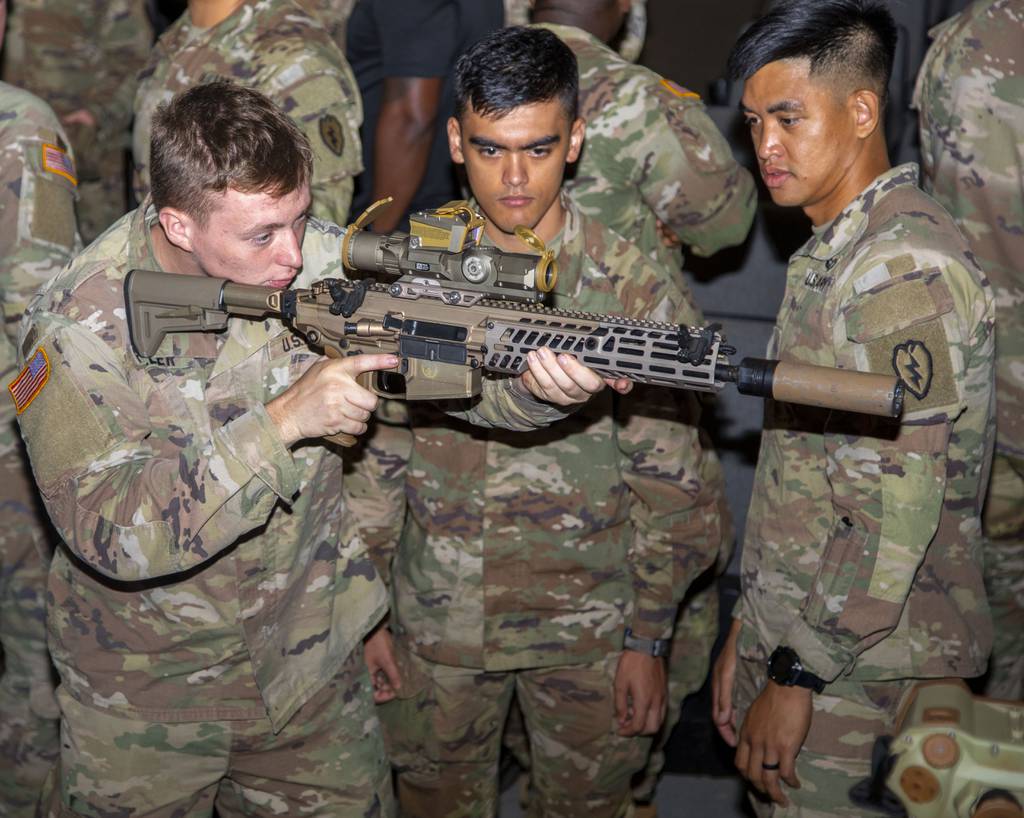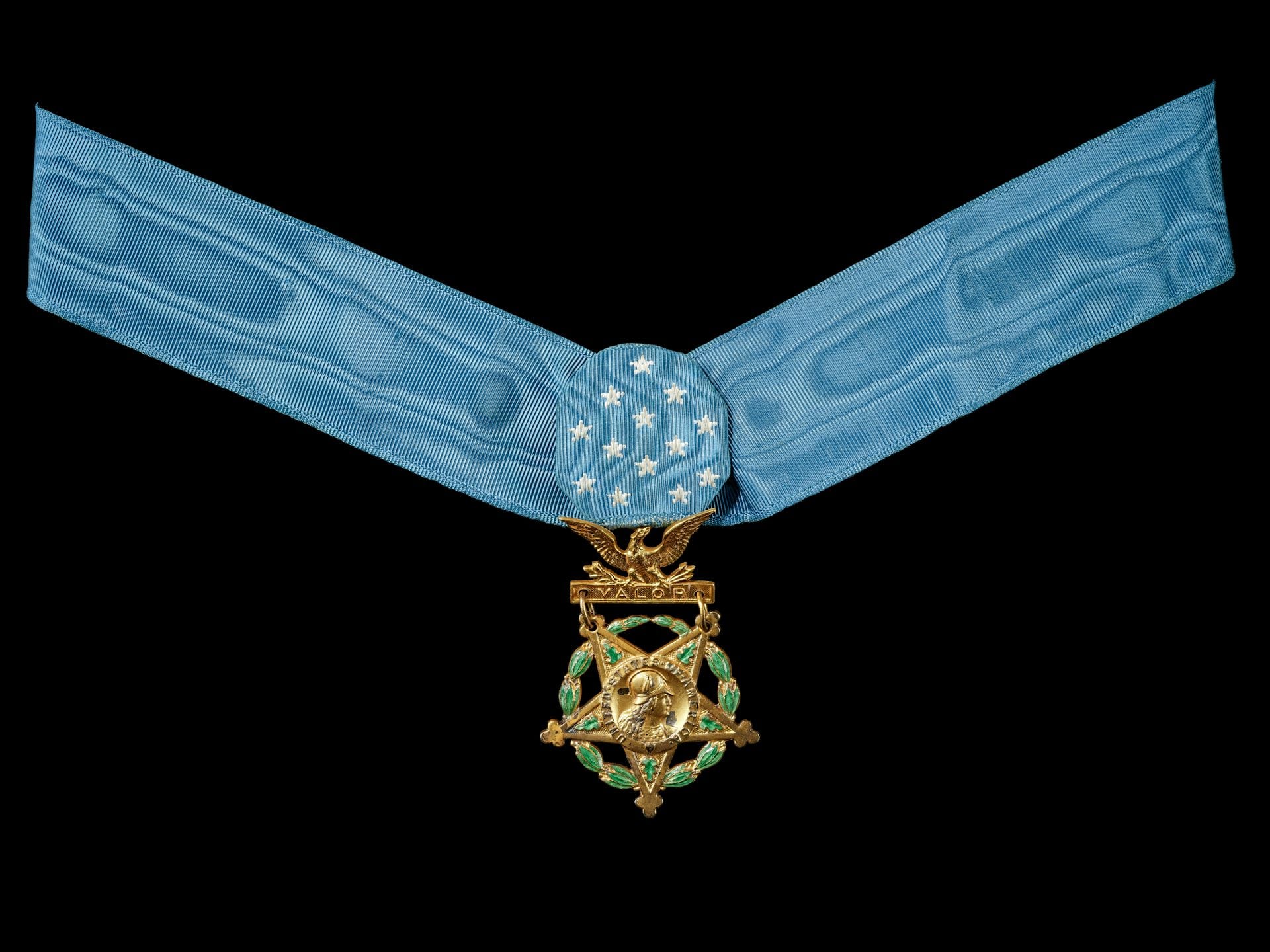Soldiers in Alaska recently tested the Army’s new rifle and automatic rifle in -35 F conditions as the weapons approach official fielding to the 101st Airborne Division later this year.
Troops fired the XM7 rifle and XM250 automatic rifle, part of the Next Generation Squad Weapon program, at the Cold Regions Test Center at Fort Greeley, Alaska, according to an Army release.
That testing began in late January and ran through Feb. 9.
The XM7 rifle will replace the M4 carbine while the XM250 automatic rifle will replace the M249 Squad Automatic Weapon. Both are chambered in 6.8mm and slated for the close combat forces such as infantry, special operations, scouts, combat engineers, combat medics and forward observers.
The 6.8mm round intermediate caliber round is the first of its kind for U.S. forces and provides users a heavier round that can have lethal effects at greater distances and punch through barriers that stop the standard issue 5.56mm round, which is the caliber of the M4 and SAW.

Both weapons come with an advanced fire control, dubbed the XM157, that houses a ballistics computer to help shooters compensate for bullet drop and distance.
In 2022 the Army chose Sig Sauer to build the two weapons and produce the 6.8mm ammunition until the service upgrades the Lake City Army Ammunition Plant with a production line devoted exclusively to 6.8mm.
The same year the service chose Vortex Optics/Sheltered Wings to provide the XM157 fire control.
The 10-year weapons contract has a ceiling value of $4.5 billion, XM157 fire control cost ceiling is set at $2.7 billion, Army Times previously reported.

The M4 and SAW are expected to remain the primary small arms of non-close combat forces for the coming decades. Once fielded, the XM7 and XM250 will drop the “X” designator.
A platoon with the 101st Airborne Division conducted limited user tests of the rifle, carbine and optic in November. A not-yet-identified platoon with the 101st will officially field the weapon in September, Army Times previously reported.
Staff with the Army’s Cross Functional Team-Soldier Lethality, Program Executive Office-Soldier and the Joint Program Executive Office Armaments and Ammunitions worked with soldiers at the Alaska testing center to evaluate the weapon’s performance in extreme cold weather.
“Extreme cold can affect the weapon’s functionality, of course, but it also hinders a Soldier’s movement and mobility,” said Maj. Brandon Davis, a member of the SL CFT operations team. “So which sling does he prefer in these conditions? Can he or she effectively manipulate the widgets on the weapon wearing gloves? We’re getting after every aspect of how the NGSW impacts lethality and mobility under extreme conditions.”
The service has scheduled testing for the NGSW in extreme heat and humidity later this year, according to the release.
Todd South has written about crime, courts, government and the military for multiple publications since 2004 and was named a 2014 Pulitzer finalist for a co-written project on witness intimidation. Todd is a Marine veteran of the Iraq War.





